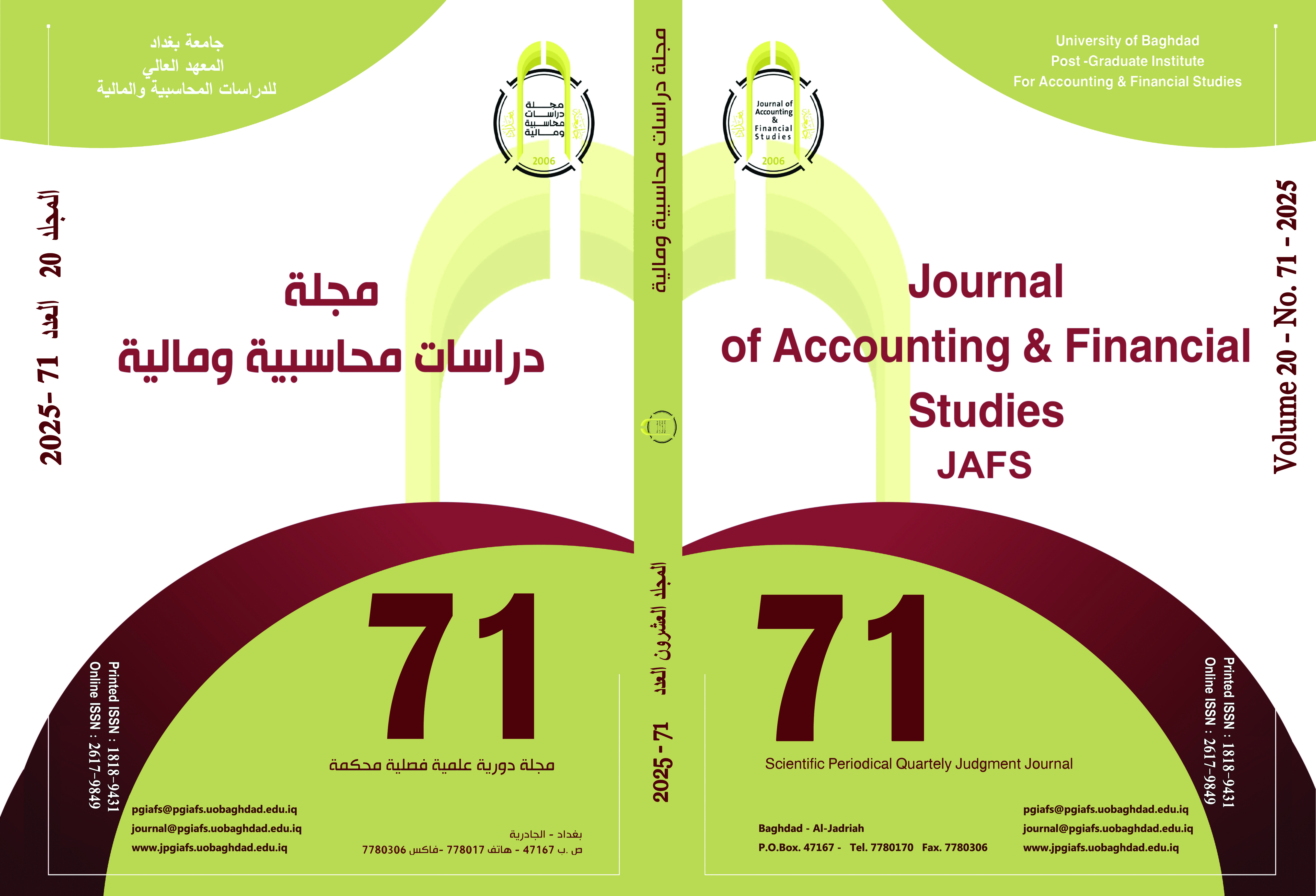Importance of implementing material flow cost accounting technique (MFCA) and its role to enhance environmental sustainability in industrial companies
An analytical study on a set of refining companies / Erbil
DOI:
https://doi.org/10.34093/kjm6zp58Keywords:
MFCA, Environmental SustainabilityAbstract
This paper examines the role of Material Flow Cost Accounting (MFCA) in enhancing innovation for environmental sustainability, specifically in the context of refining companies. The study focuses on the implementation of MFCA as a technique for reducing carbon dioxide emissions and material losses, with an emphasis on both the economic and environmental impacts. The research sample comprises three refining companies (names withheld due to confidentiality), and the aim is to assess whether MFCA can contribute to material loss reduction and improve sustainability practices.SPSS software was employed for statistical analysis to test the research hypotheses. The findings suggest that combining MFCA with environmental sustainability initiatives can serve as a strategic tool for companies to address logistical challenges, reduce environmental harm, and improve competitiveness. By adopting MFCA, companies can not only reduce their carbon footprint but also develop environmentally friendly products, gaining a competitive edge in the global market.Key results indicate that MFCA provides valuable insights into both physical and financial aspects of production, highlighting areas of material waste, CO2 emissions, and non-commodity output. By focusing on material productivity improvements and waste reduction, MFCA enables companies to decrease environmental harm, enhance operational efficiency, and make data-driven decisions that promote long-term sustainability.
Downloads
Published
Issue
Section
License
The copyright is transferred to the journal when the researcher is notified of the acceptance of his research submitted for publication in the journal.



